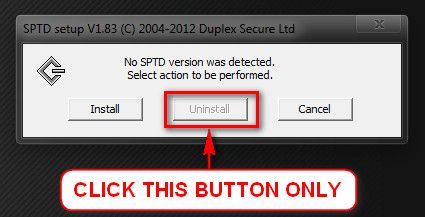New
#1
BSOD error 0x0000000a while idling
Hey guys, lately I've been getting an irql_not_less_or_equal BSOD while my computer is idling. This has happened twice so far and I don't know what's causing it since I was away from each time it happened (I never shutdown my computer unless necessary).
What I gathered from the dump files is that the driver hal.dll and ntoskrnl.exe are responsible. My drivers are at their latest version as well. From what I understand, this error occurs when a driver attempts to access a memory location it did not have permission to. Is it possible that it's a memory leak caused by running the computer for too long? Though this error only started appearing during the start of December and my computer has been with me for 2~ years now.
Another interesting thing to note is that the BSODs happened almost a month between each other. The first occurred on 12/1/12 while this second occurred today, 1/2/13.


 Quote
Quote